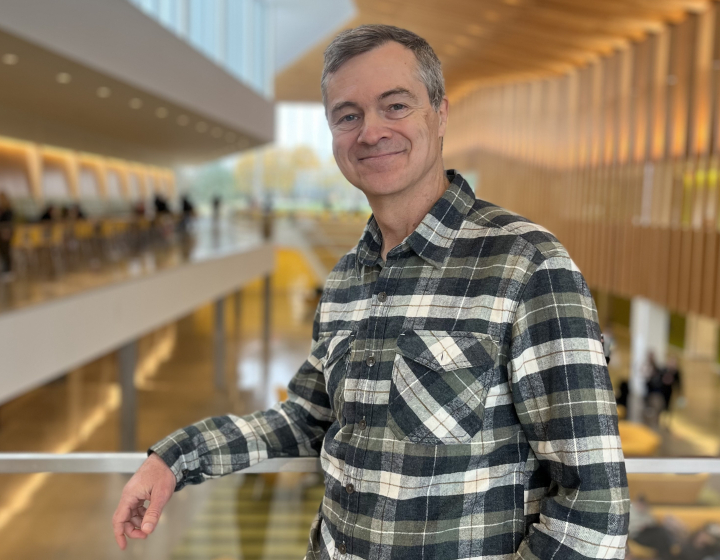CVM team awarded one of two Engaged Research grants
A team of Cornell University College of Veterinary Medicine faculty members have been awarded a 2021-22 Engaged Research Grant from the David M. Einhorn Center for Community Engagement. The group, led by Lara Parrilla ’99, lecturer and community and academic partnership manager with the college’s M.P.H. program, is one of two awardees this year. The grants are specifically designed to incentivize undergraduate participation in faculty and staff-led research that strengthens the well-being of communities and fund up to $30,000.
“It’s an honor to be selected for this research grant,” says Parrilla. “I look forward to jumping into the important work of connecting Cornell students with the community at large.”
Parrilla is joined on the project by Dr. Karla Hanson, professor of practice with the M.P.H. program, and Grace Marshall, research support specialist with the Department of Population Medicine and Diagnostic Sciences.
The grant effort, titled “Developing a framework for clinic-community-public health collaborations to support population health and integrative learning,” will unite three local organizations: Cayuga Health Partners, Visiting Nurse Services and Foodnet Meals on Wheels — in research to identify ways to enhance their collaboration and develop a framework for engaging students in future collaborations that support population health.
The impetus for the effort comes from the widespread issue of connecting healthcare providers with the community in robust and sustainable ways. “Developing and sustaining effective and equitable clinic-community partnerships remains challenging for many communities, including Tompkins County,” says Parilla.
The three local organizations are interested in identifying opportunities to improve effectiveness in patient/client engagement, care coordination, and data infrastructure.
With the help of the Engaged Research Grant, Parrilla will organize Cornell faculty, staff, and students to help with this, starting with gathering data to better understand existing engagement and care coordination strategies, and current data infrastructure capabilities of the partners. The goal will be to create a framework for applying qualitative public health research methods to recommend effective clinic-community collaborations that can be tested and refined in support of other health needs in future years.
It will be a mutually beneficial impact, Parrilla says. “Students will enhance their understanding of intercultural competence and its significance in addressing health inequities and reflect on multiple perspectives related to the role of clinical, community and public health sectors in promoting health equity.” In turn, the clinic-community team will benefit from actionable recommendations for system and process improvements and a roadmap for future collaboration.
“We are excited to engage Cornell students and our partners in bridging the gaps between public health, medical care and human services,” says Parrilla. “This grant will really allow us to dig into that issue and hopefully make meaningful changes in our community’s health.”
Written by Lauren Cahoon Roberts





